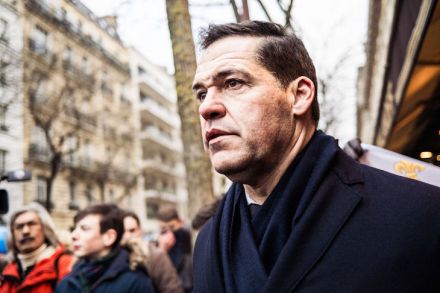Keir Starmer's call for ECHR reform is a risky gamble
Ahead of a Council of Europe summit in Strasbourg today to discuss the future scope of the European Convention on Human Rights (ECHR), Keir Starmer has called for ‘practical action’ to fix the asylum system and deal with irregular migration. In a joint letter with the Danish prime minister, Mette Frederiksen, Starmer argued that ‘modernisation’ of the ECHR is essential and that the Convention system needs to ‘evolve to reflect the challenges of the 21st century’. The two leaders acknowledged that responsible progressive governments need to ‘control our borders’ in order to ‘protect our democracies’. This is a tacit admission that Labour is concerned that Conservative and Reform UK proposals

























